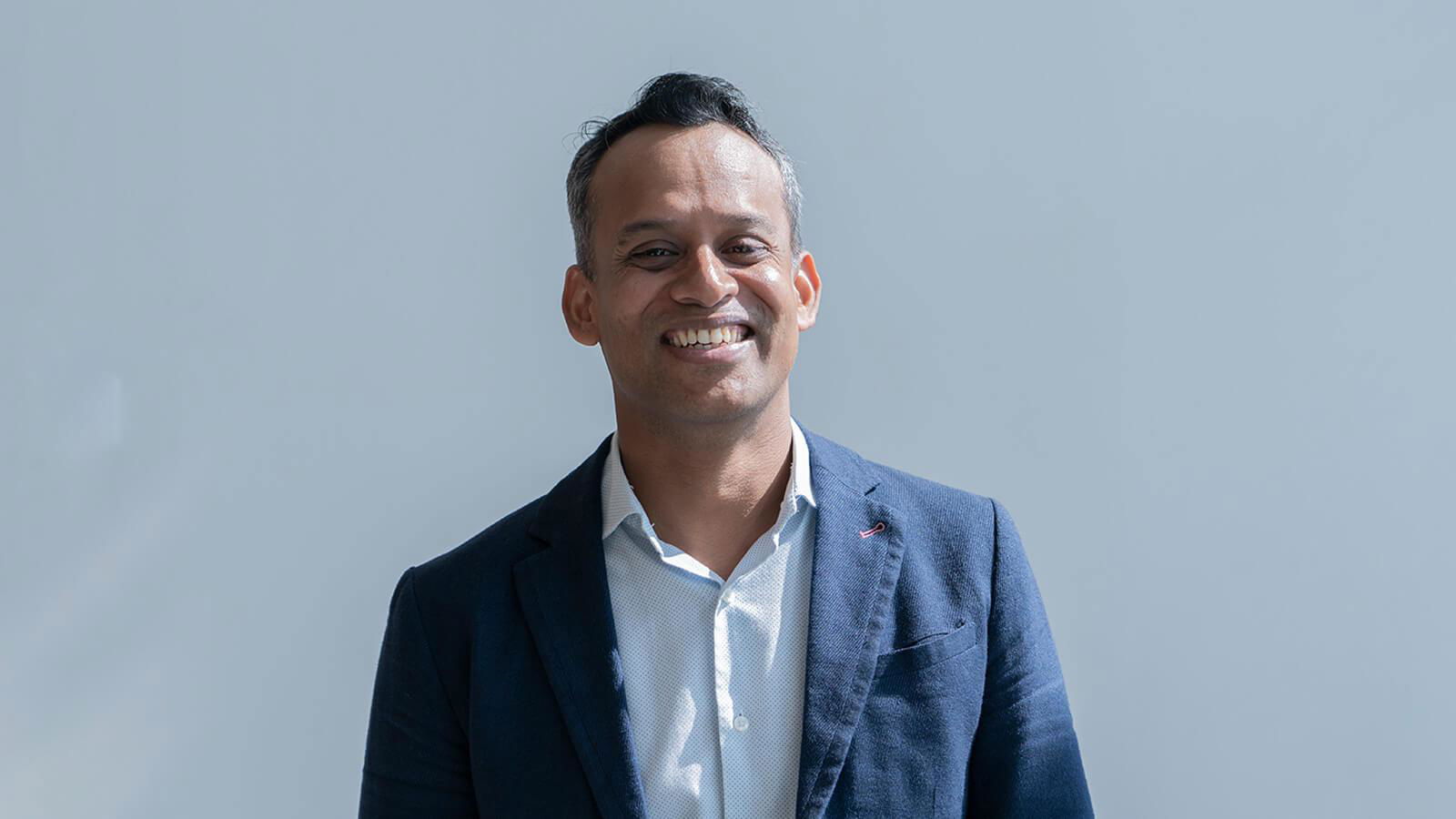share on
For Srinivas Gattamneni, Chief Executive Officer at ADA, L&D is an extremely important agenda, and he has always tried to cultivate an on-demand learning culture, with tools such as LinkedIn Learning, internal webinars and weekly ‘Lunch and Learn’ sessions across its nine markets.
Interview excerpts below:
Q How is your team anticipating and easing into the far-reaching changes to the world of work through your L&D strategy?
At ADA, we prioritise personalised learning and we do it in a couple of ways. Last year, we launched GROWx, a programme where ADA allocates a certain amount of money for every team member to cover their personal development and education. We want our teams to have a hand in their growth – think of it as a school where are our employees can pick their own modules to achieve their personal goals and aspirations.
Another initiative we launched last year is called Keeping a Blue Head. Besides being one of our key leadership principles, we turned it into a programme to give team members the magic tools to raise their physical, mental, and emotional energy. I’ve always believed that one cannot deliver outstanding results when stressed and not knowing how to deal with it.
So every quarter, I make it a point to measure the state of every team member’s mind. I ask them a simple question: on a typical day, are you feeling stressed, bored, calm or energised? Ideally, we want a blend of high-energy and calmness – and a bit of boredom, as many of our best ideas come to us during idle moments – but what about those who are stressed?
That’s how this programme came about. We realised that 20-35% of our staff in the region felt stressful tension on a typical day and we needed to do something about that. Through breathing and stretching exercises, we’ve helped to strengthen the body and soul to cope with stressful environments. I find this especially important today, with everything that’s been going on.
Q In your sector, what are the top five skills that are most in demand, and how are you developing these capabilities?
- Be a role model. Due to the nature of our business, we have what we call a ‘digital culture’. To sustain and promote such a culture, one must be a role model capable of aligning the way things work, the people, and their processes.
- Empower diversity. From a leadership point of view, one must have the skill to empower talent through diversity. We are an extremely diverse organisation from a gender, nationality, and far more importantly, from a thinking point of view. Leaders must encourage the contribution of great ideas by tapping on the different backgrounds and minds available.
- Inspire innovation. The ability to break barriers and inspire change through innovation is especially needed in today’s modern and agile world.
- Practise ‘hyper-execution’. This is a special skill that we’ve coined internally that reflects one of our values – ‘act now’. What this means, essentially, is the ability to drive results extremely fast. We are a fast-paced, high-growth company and this skill is a must-have for our generation.
- Retain a growth mindset. One who is willing to keep trying – and willing to fail – will feel far more empowered and committed to their job and personal aspirations. Organisations must implement this mindset if they want to see more collaboration and innovation from their employees.
Q On the other hand, what are some previously talked-about skills that are on their way out?
I’ll be honest here and say analytical skills. My reason is simple – data analytics is repetitive work and is better done by a machine than a human. If there is no critical inquiry or creative output emerging from a particular set of data, a machine would be better suited for that task.
It isn’t a core skill to have anymore – think of it as computing a five-digit number with a calculator versus doing mental math. In a very similar fashion, repetitive analytics should be handed over to a machine so that we, humans, can focus on the more demanding and creative tasks.
Q It would be too simplistic to believe that digitalisation is the only game changer when it comes to skills. What are some of the other key factors to take into consideration?
Take a look at some of the recent events that have been happening – be it the global pandemic or the widespread racial tensions that have now touched Asian communities. These events have really shaped the need for humans to process diversity and the unknown. If I have to categorise that skill, it’s the ability to build a synergistic ecosystem around you, collaborate, partner and create societal value.
At ADA, we believe that everyone is a leader. What we need today are more leaders who are able to contribute shared value across their teams and societies at large. It is a skill that has proven to be paramount during these difficult times.
This interview first appeared as part of a feature in the May-June 2020 e-mag of Human Resources, Singapore, and the Q2 2020 edition of Human Resources, Malaysia. Read the case study in the e-mag, or the full feature here.
Photo / Provided
Human Resources Online is on Telegram! Follow us @humanresourcesonline or click here for all the latest HR and manpower news from around the region.
share on
Follow us on Telegram and on Instagram @humanresourcesonline for all the latest HR and manpower news from around the region!
Related topics


